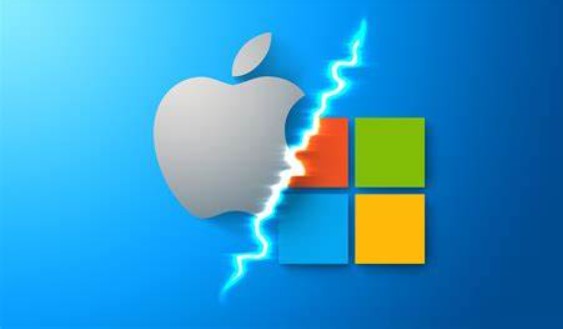The European Union is investigating whether Microsoft’s Bing, Edge and Microsoft Advertising, as well as Apple’s iMessage, should comply with the new Digital Markets Act (DMA), a set of rules aimed at curbing the power of big tech platforms.

What is the DMA and why does it matter?
The DMA is a proposed regulation that would impose a list of obligations and prohibitions on so-called “gatekeepers”, which are large online platforms that have a significant impact on the digital economy and society. The DMA would require gatekeepers to allow for third-party apps or app stores on their platforms, to make it easier for users to switch from default apps to rivals, to share data with competitors, and to refrain from using their market power to favour their own services, among other things.
The DMA is part of the EU’s broader digital strategy, which aims to foster innovation, competition and consumer choice in the online sector, as well as to protect the fundamental rights and values of EU citizens. The DMA is expected to be adopted by the end of 2023, after negotiations between the European Parliament, the Council of the EU and the European Commission.
Why are Microsoft and Apple under scrutiny?
The European Commission, the EU’s executive arm and competition watchdog, has identified six companies as potential gatekeepers under the DMA: Microsoft, Apple, Google, Amazon, Meta Platforms (formerly Facebook) and ByteDance (the owner of TikTok). These companies have been asked to provide information about their core platform services, which are the online intermediation services or search engines that are most relevant for the DMA.
However, Microsoft and Apple have contested the Commission’s preliminary assessment that some of their services qualify as core platform services. In particular, Microsoft has argued that its Bing search engine, Edge browser and Microsoft Advertising service are not core platform services because they do not have a significant impact or user base in the EU. Similarly, Apple has claimed that its iMessage messaging app is not a core platform service because it is not a standalone app but an integrated feature of its iOS operating system.
The Commission has opened investigations to verify whether these services should be subject to the DMA or not. The investigations are based on Article 3 of the DMA, which allows the Commission to designate additional core platform services if they meet certain criteria, such as having a large number of users in the EU, being important for business users or consumers, or being linked to other core platform services.
What are the implications for Microsoft and Apple?
If the Commission concludes that Microsoft’s Bing, Edge and Microsoft Advertising, as well as Apple’s iMessage, are core platform services under the DMA, then these services would have to comply with the obligations and prohibitions imposed by the regulation. This could mean that Microsoft and Apple would have to open up their platforms to more competition from third-party apps or app stores, share more data with rivals, or stop using their market power to favour their own services.
On the other hand, if the Commission decides that these services are not core platform services under the DMA, then they would not be subject to the regulation. This could give Microsoft and Apple a competitive advantage over other gatekeepers that have to follow the DMA rules.
The Commission has sent out questionnaires earlier this month, asking rivals and users to rate the importance of Microsoft’s three services and Apple’s iMessage versus competing services. It also asked for the number of users using these services and how they fit into the companies’ ecosystems. The Commission wants to complete its investigation within five months.







